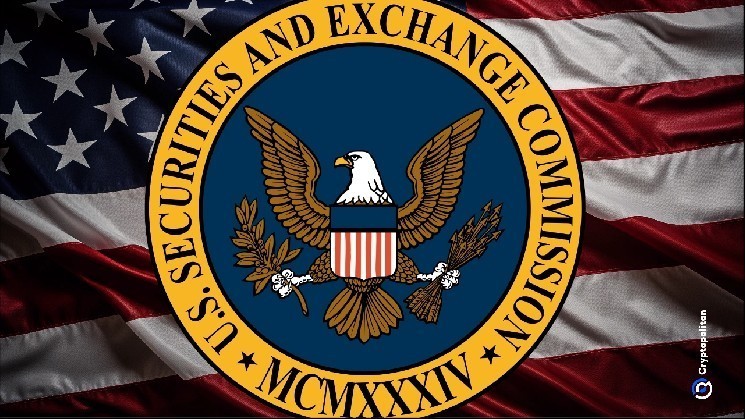The Securities and Exchange Commission (SEC) is facing resistance from Elon Musk’s Department of Government Efficiency (DOGE) in their request for read and write access to specific agency records. This request, made by DOGE member Eliezer Mishory, includes the review and modification of internal staff emails, personnel files, contracts, and payment systems. However, SEC leadership, led by Acting Chairman Mark Uyeda, has pushed back against this request, as reported by Bloomberg.
The SEC, as the country’s top securities regulator, houses a significant amount of sensitive information related to ongoing investigations, whistleblower identities, trading records, and market strategies. It remains unclear whether Mishory or any DOGE team members have been granted access to view or edit this data. Paul Atkins, a former SEC commissioner and consultant, is set to serve as the new SEC chair pending his swearing-in. During his confirmation hearing, Atkins expressed a willingness to collaborate with DOGE on enhancing agency efficiencies.
DOGE’s arrival at the SEC signals a move towards streamlining the agency, which has already seen numerous staff members accepting buyouts. Despite an SEC email instructing staff to cooperate with DOGE and provide necessary access to confidential data while upholding ethical guidelines, tensions between the SEC and Musk persist. The agency recently voted to continue a lawsuit against Musk for allegedly violating securities laws by not disclosing his acquisition of Twitter stock in 2022.
Critics have raised concerns over the SEC’s downsizing efforts, questioning whether it will diminish the agency’s ability to pursue market wrongdoers, maintain fair markets, and support companies in capital raising. The White House views these actions as measures to boost efficiency, but critics view them as stealth deregulation that weakens agencies without following standard rulemaking or legislative procedures.
Trump and Musk have expedited the closure of SEC offices, gained control over computer data, disrupted payment systems, and reduced staff levels. Some former officials worry about the loss of institutional knowledge within the agency due to retirements and layoffs. Despite claims of cost-saving measures, critics argue that the actual savings are minimal in the federal budget.
In conclusion, the SEC’s resistance to DOGE’s request for access to agency records highlights the ongoing tensions between regulatory bodies and efficiency-driven initiatives. The impact of these actions on the agency’s ability to fulfill its regulatory responsibilities remains a topic of concern among industry observers and former officials.

